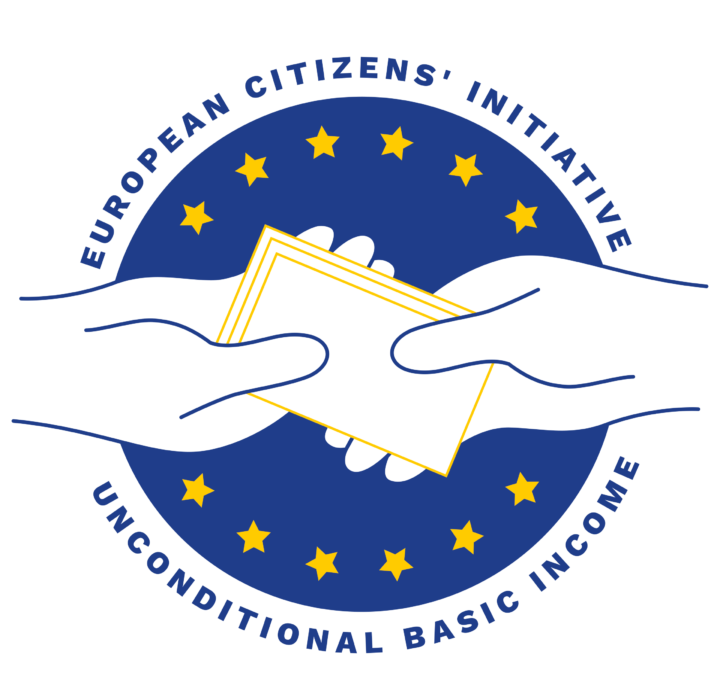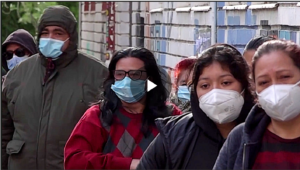
This 20/20 is on UBI (universal basic incomes).
Events are happening faster than we can write articles on, so we’re switching to a summary format for some articles.
Skirting the meme war does not affect the subjects we cover; only the sources we use to cover them.
We may judge some information from a biased source as good and credible and post an extract (only) from that article.
 Thanks to Nikos.
Thanks to Nikos.
Europe Accepts the Legislative Initiative of Citizens Demanding a Universal Basic Income for All Its Residents
(https://www.pressenza.com/2020/05/europe-accepts-the-legislative-initiative-of-citizens-demanding-a-universal-basic-income-for-all-its-residents/)
The European Citizen Initiative (ECI), which calls for the establishment of a Universal and Unconditional Basic Income (UBI) for all people residing in the European Union , was accepted by the European Commission on Friday May 15, 2020 .
The General Secretariat of the European Citizen Initiative Team (which belongs to the European Commission) has communicated to the organizers the registration of the ECI proposal, entitled “Establishment of an unconditional basic income, throughout the European Union »
(https://europa.eu/citizens-initiative/initiatives/details/2020/000003_en.)
This ECI was presented by Unconditional Basic Income Europe (UBIE), the unconditional basic European network, to which individuals and groups at European level belong, among others the Humanists for Universal Basic Income (HBI).Although the deadline given by the European Commission to start collecting signatures ends on 15/11/2020, representatives of the UBIE network note that “this will probably start during Basic Income Week, between September 14 and 20 of this year”(https://ubi-europe.net/ubi/new-european-citizens-initiative-for-basic-income/)
Until then, work will focus on forming a collection platform. And that is why people and groups of all kinds are encouraged to participate, whether local, cultural, political, etc. Anyone wishing to participate in this initiative, whether an individual or an organization, can notify it by sending an email to: [email protected]
An ECI is a kind of popular legislative initiative which is presented to the European Parliament for discussion and possible approval. It involves collecting a million signatures and identity documents from European citizens who support the initiative, in at least 7 countries of the European Union (EU). In these countries, the signatures must reach a minimum number which depends of the respective population. The period for collecting signatures and documents is one year. Signature collection will be possible on paper, but especially online, thanks to the web platform which will be provided by the EU.
This ECI offers us an excellent opportunity to put the issue of the UBI at the forefront of the social debate, by showing that it is the best vaccine against precariousness and social exclusion and by obtaining greater dissemination and more information. specific on this issue, which is often silenced or distorted.
The process of this ECI was not without vicissitudes, since it was presented in January 2020, but its text was rejected by the European Commission, because it did not strictly respect the European legislation, and corrections had to be made so that it could be recorded, which was finally done on May 15.
Translated from French by Lulith Van
Angel Bravo is the ECI coordinator for Spain.



 Thanks to Nikos.
Thanks to Nikos.

 Universal Basic Income Program in Finland Improved Participants’ Well-Being
Universal Basic Income Program in Finland Improved Participants’ Well-Being